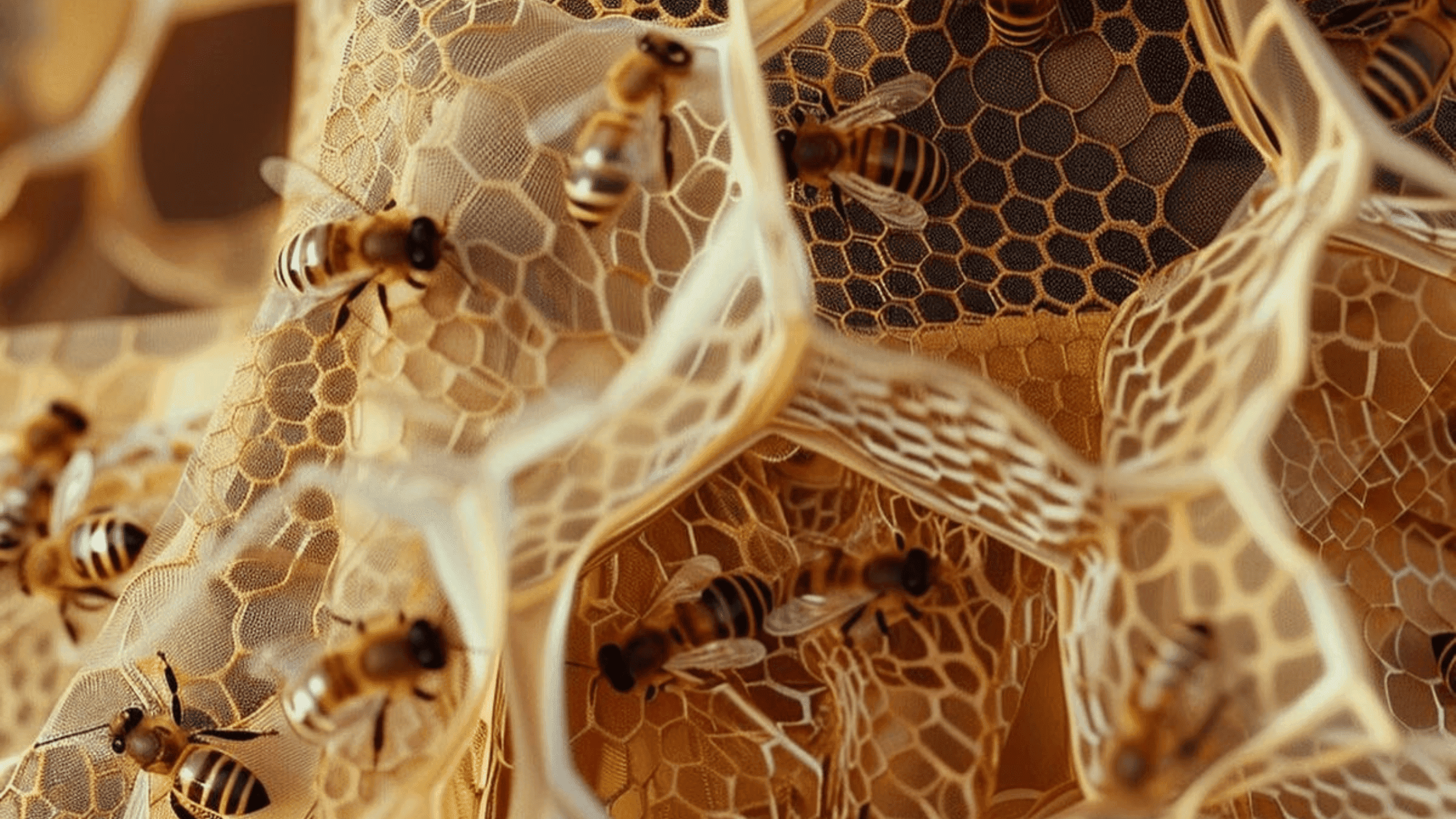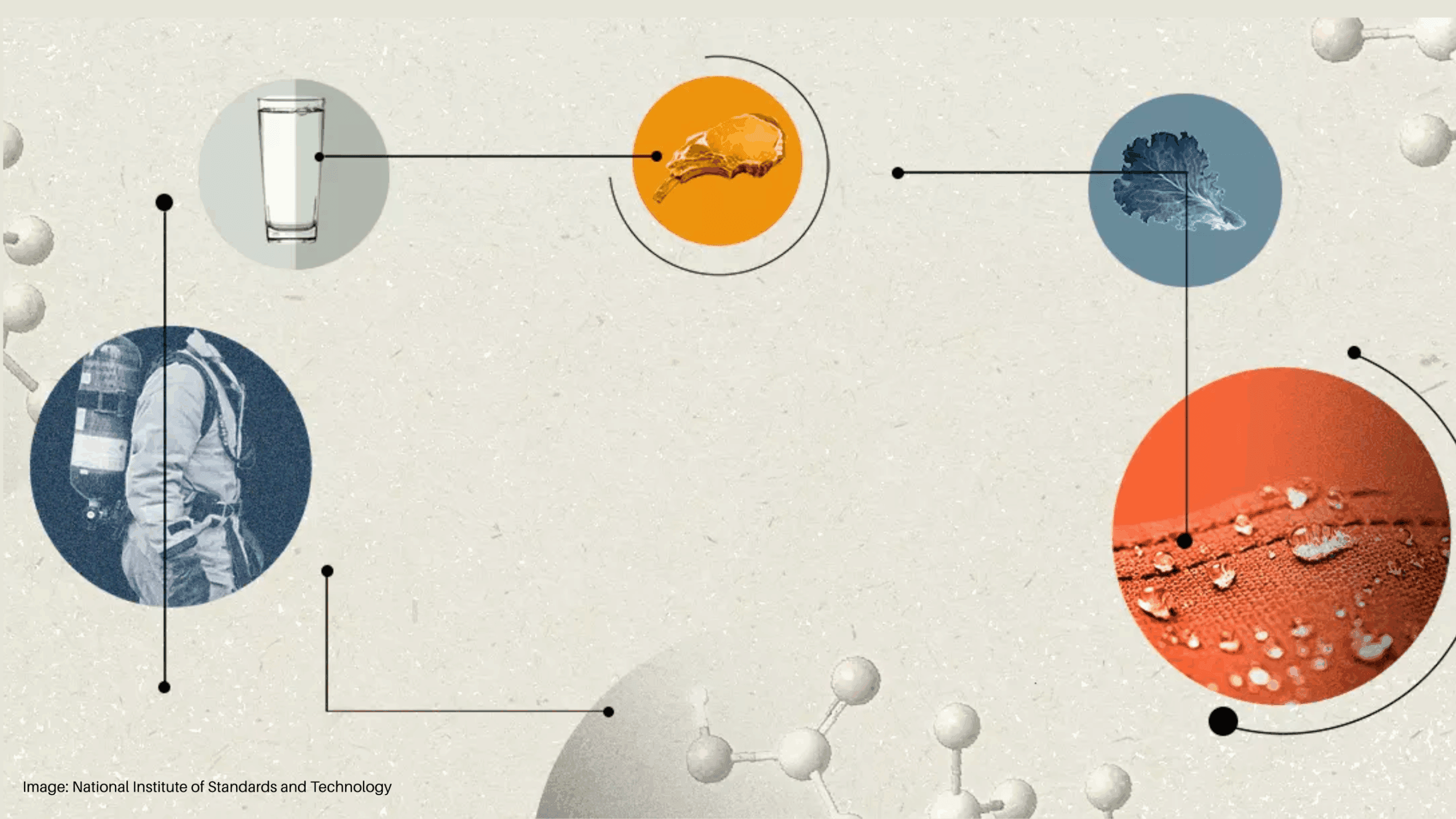The Department for Environment, Food & Rural Affairs (Defra) has declined an emergency application for the use of Cruiser SB, a pesticide that kills pollinators
Bees are vital to beauty’s supply chain but they are under increasing threat due to the use of neonicotinoids, powerful and systemic insecticides, that have been granted emergency use for the harvest of sugar beet.
Today (23rd January), the government has confirmed that it has declined an application for the use of Cruiser SB – a neonicotinoid pesticide – for the first time in five years.
This comes after tireless campaigning the ‘Save the Bees’ campaign led by Anabel Kindersley and Neal’s Yard Remedies, which has been supported by the British Beauty Council and wider industry.
Anabel Kindersley, CEO, Neal’s Yard Remedies and Founder of the Stand By Bees campaign, said: ‘Today’s announcement is an extraordinary win for nature. By rejecting the emergency authorisation of bee-killing neonicotinoid pesticides, the government has proven it is willing to take bold steps to protect our pollinators, prevent toxic chemicals leaching into our farmland, and ensure the long-term health of our natural world. Along with all members of the Stand by Bees coalition, I hope that this marks the beginning of the end for banned, bee-killing pesticides being used on British land.’
On the announcement, Environment Minister Emma Hardy said: ‘Britain is currently one of the most nature depleted countries in the world.
‘This government is committed to protecting bees from toxic neonicotinoid pesticides, while working with our farmers to find new ways to protect crops and support a profitable farming sector.’
For the last three years, ‘Save The Bees’ has pushed for the ban of toxic neonicotinoids pesticides, with the campaign receiving increasing recognition – including receiving recognition in a Westminster Hall debate.
‘The British Beauty Council has been part of a coalition of businesses and organisations calling for an end to the use of these harmful chemicals since 2022,’ starts Victoria Brownlie, Chief Policy and Sustainability Officer at the Council.
She continues: ‘We are absolutely delighted that common sense and an understanding of the important role of bees and other insects for biodiversity. We thank the UK Government for making the right call and hope it leads to further positive conversations relating to environmental policy in 2025 and beyond.’
Defra’s decision comes after the Office for Environmental Protection (OEP) watchdog last month announced the Government may have failed to comply with environmental laws when it granted use of the neonicotinoid on sugar beet seeds in 2023 and 2024.
You can read more about the government update here.




